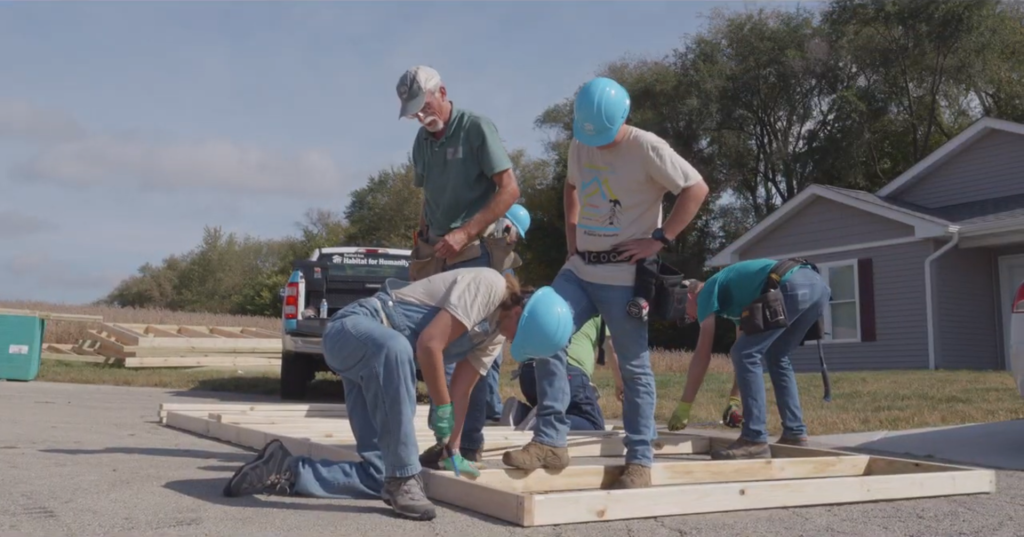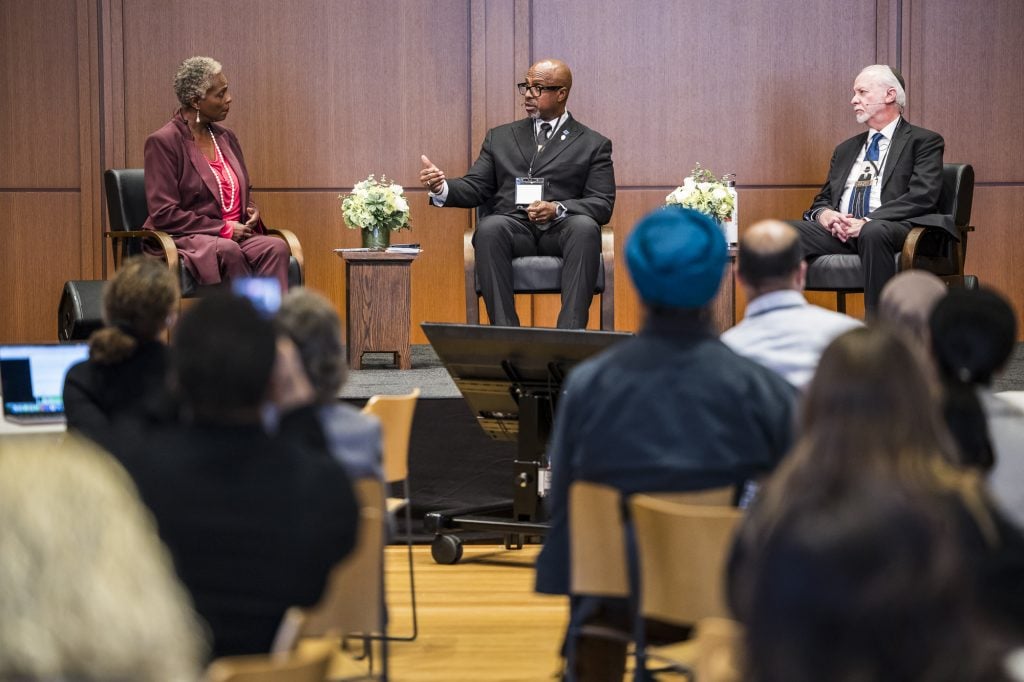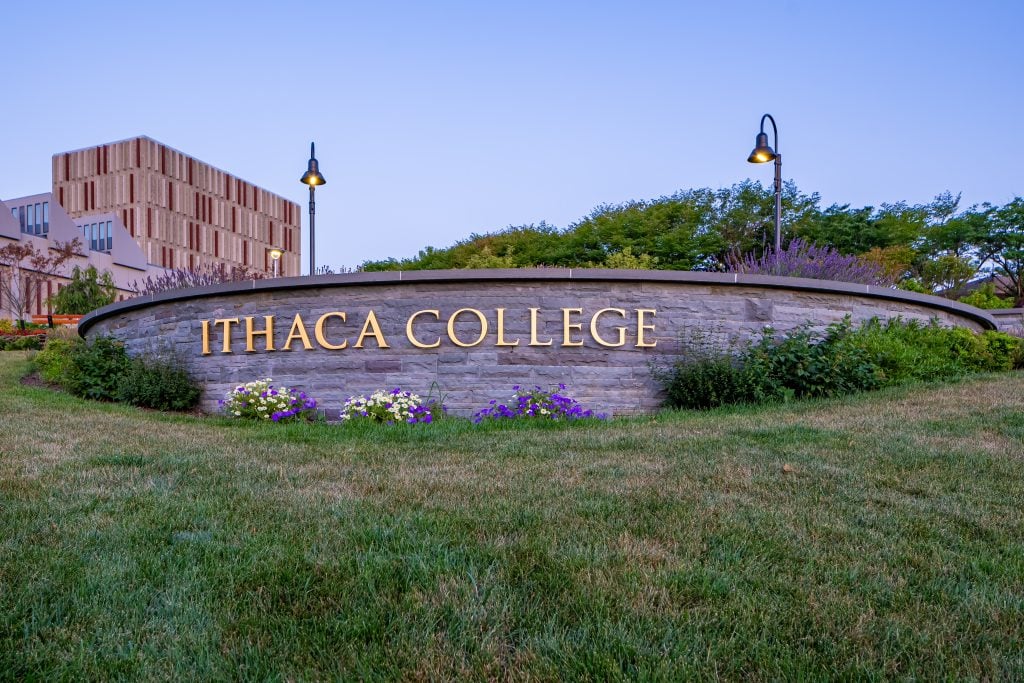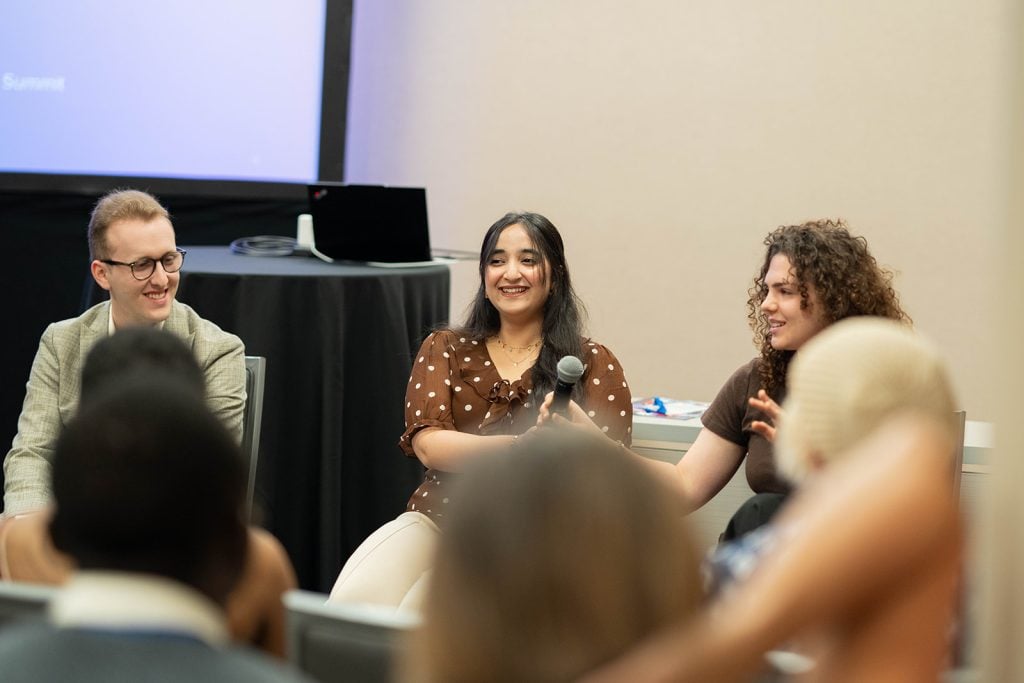Reflecting on Hazrat Musa (Moses) This Ramadan
May 11, 2020
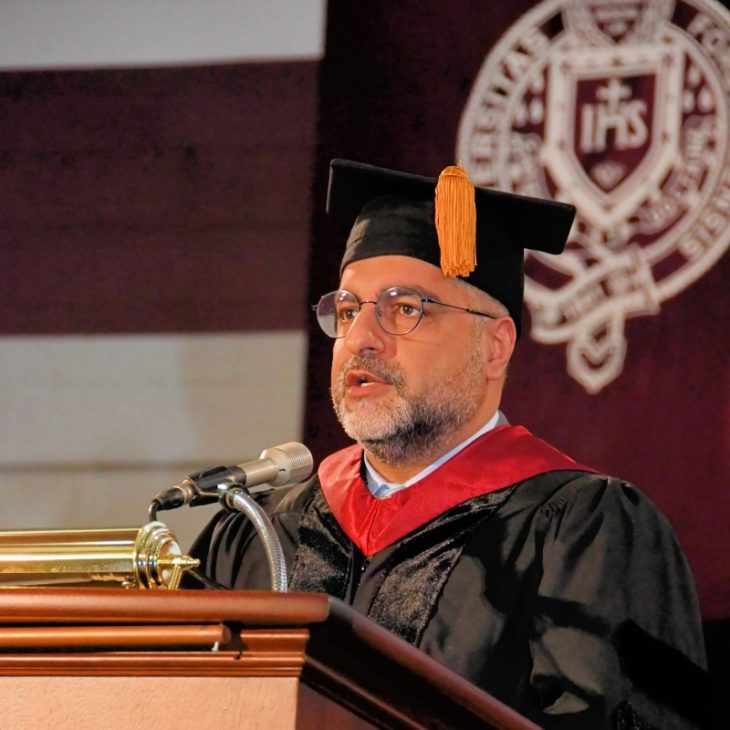
During Ramadan, many Muslims try to read 1/30th of the Quran every night, so that by the end of the month, they will have read the entire text. As a month of intense spiritual awareness, the Quran offers a focal point for believers during their practice. Muslims also believe that Ramadan is the month that the Quran was revealed, so the revelation and the month are intimately linked. One of the figures most mentioned in the Quran is Hazrat Musa (as), the prophet Moses, and his story is particularly emphasized in the first days of Ramadan. In my reading of the stories of Hazrat Musa, there are three things I am reflecting on this month.
The first thing I am reflecting on is how prophets come in times of great social need. As human beings, we are constantly struggling to live up to our potential, to take advantage of the opportunities that the divine has made available to us to better ourselves, our societies, and each other. Eventually, our individual mistakes become social problems that affect more than ourselves. That weight becomes so unbearable that God sends Their messengers to radically rebuild society so that it is more equitable and just. In Egypt, we see Hazrat Yusuf (as), the prophet Joseph, elevated from being wrongfully imprisoned to being a pre-eminent advisor to the Pharaoh. Yet, in generations, the social inequalities that we see in the story of Yusuf are magnified to such an extent that the Hebrews, from whom Hazrat Yusuf comes, are enslaved. It is Hazrat Musa who is called to break those individual and societal chains.
Once the enslaved are free, something happens that leads me to my second reflection. They go a distance from their captivity, and once Hazrat Musa leaves them to go to Mt. Sinai and converse with God with 40 days, they are at a loss as to what to do. Eventually, without the radical leadership of Hazrat Musa, they go back to recreating the forms they knew in Egypt, and creating a golden calf to worship. It seems to me that we can recognize that we are not in a good societal place, and we struggle to change those systems. Sometimes we have a catalytic opportunity to reimagine the world, and given that opportunity, it would be very easy to squander it. We turn to the prophetic leader for the vision, but that leader is only offering us what could and should be. And when I start thinking about the world I want to build, so when that moment of radical change comes, I am ready to start building, instead of falling back into familiar, inequitable patterns.
My final reflection is about how we think about and express gratitude. When a transformative moment, or a transformative figure, comes into our lives, it is an opportunity to lead with gratitude. I want to be grateful for the opportunity to reimagine the world we live in. I want to be so grateful that I will work to build that reimagined world. I want my gratitude to extend to those who live with me and around, because they are a blessing from God in building the new world. I know that God’s blessings and bounties are so plenteous that it would be ungrateful of me to think that there was not enough for everyone.
As a Muslim, I believe that the Prophet Muhammad, peace be upon him and his family, was the last prophet sent by God. I also believe that God would not leave us without guidance and that all of creation is a sign for us, if we are paying attention. There may be no more prophets, but there are prophetic voices, who remind us constantly of the need to create more just and equitable societies. I am grateful that I have stories, like those of Hazrat Musa, in my tradition to remind me of what is possible.
Hussein Rashid, PhD, is founder of islamicate, L3C, a consultancy focusing on religious literacy. He is currently teaching at The New School and his research focuses on Muslims and American popular culture. His work includes exploring theology, the interaction between culture and religion. His current projects include an independent film, a documentary, and a museum project on religion and jazz.
